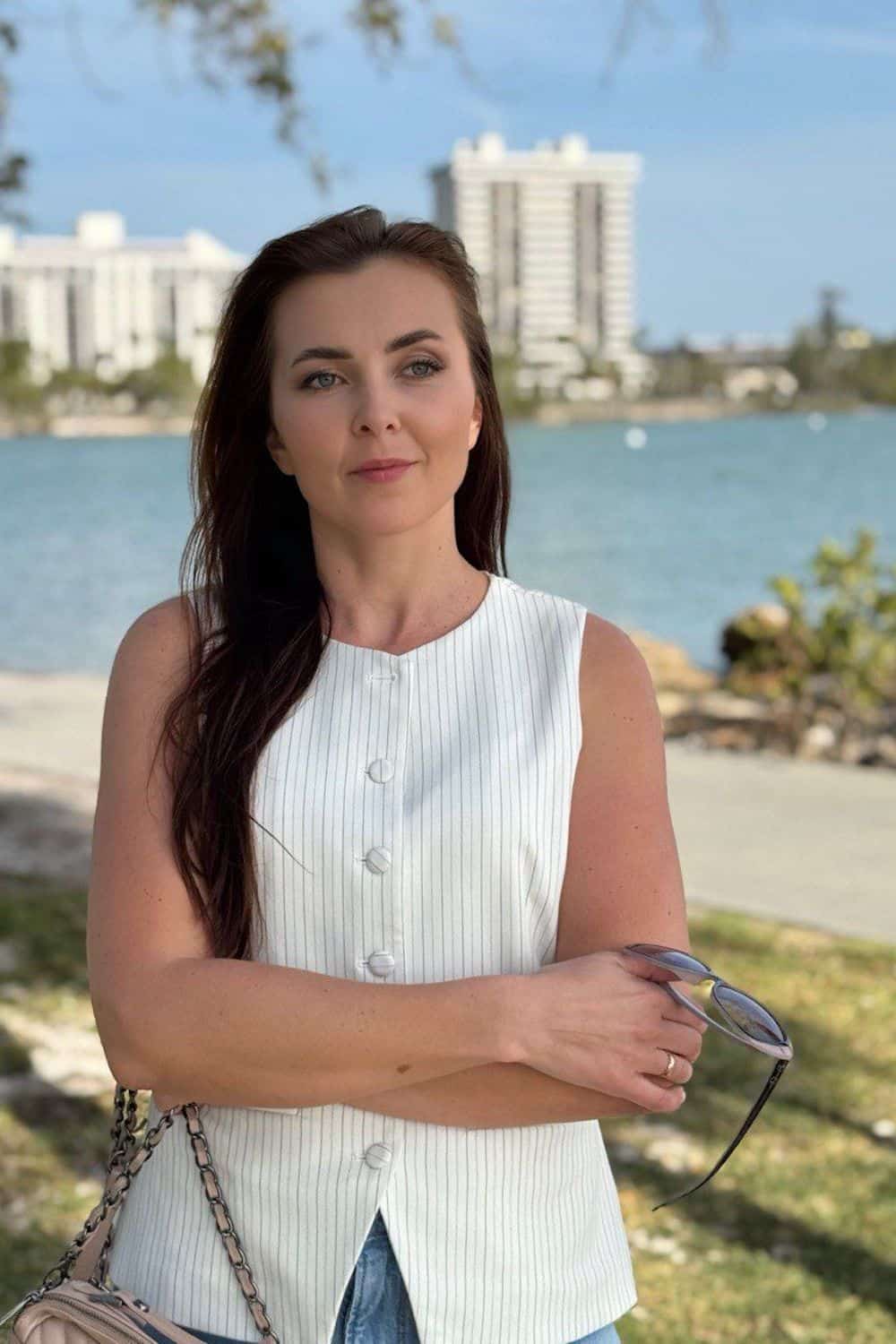Kore-eda traveled to South Korea to tell this story, partly because that country more commonly uses something called “baby boxes.” But one suspects it’s also so he could work with the amazing Song Kang-ho (“Parasite”), who won Best Actor at Cannes. Song plays Ha Sang-hyeon, the owner of a laundry shop who volunteers at a local church. That’s where he works an unusual scheme with his friend Dong-soo (Gang Dong-won) as the two take the infants dropped off by mothers who cannot care for them. The pair sell the babies on the adoption market. Yes, “Broker” is a dramedy about child trafficking, but Kore-eda instantly wants you to question your judgment of his characters. Is it that much better for a baby to enter the Korean foster system than to be sold to a family who will love and care for it? “Broker” doesn’t directly address this question as much as let it hang in the air, reflecting how we will judge the characters moving forward.
Everything falls apart when a mother named Moon So-young (the phenomenal Lee-Ji-eun) returns to the church to get her baby back, stumbling onto the operation. At the same time, a pair of detectives named Soo-jin (Bae Doona) and Detective Lee (Lee Joo-young) follow this new crew of outsiders, discovering that not everything is as it seems.
“Broker” shouldn’t work. In the plot description alone, it sounds kind of ridiculous and almost insulting. And if one can’t get past its contrivances, especially in the final act, it won’t connect. However, I find it so refreshing when a filmmaker can use an old-fashioned melodramatic structure to connect emotionally. Kore-eda’s films, particularly this one, are perfect examples of what Roger Ebert was getting at when he wrote of film as an empathy machine. They’re not just asking you to walk in someone else’s shoes, but they’re demands for empathy for people you see daily. They’re requests for empathy not just for the people on the screen but for the makeshift families you have been surrounded by. He uses melodrama not merely to manipulate his audience but to shift your emotional center and to push away the cynicism and judgment of the world. He presents his characters with such compassion and understanding that we come to love them too. “This car is filled with liars,” says Dong-soo, and he’s not wrong, but how did they get to this point? Why have they lied? What does it say about where they’ve been and where they’re going?
It helps that Kore-eda’s hand with performance direction has only gotten better. Song is as good as one would expect—he’s literally never bad—but he’s not alone. Lee Ji-eun is the revelation, conveying how much the character has been thrust into a situation she could never have imagined without feeling like a pawn of the plot. She’s the heart of the story in that it’s how her character turns from a young woman with no options to someone who finds her path through life. Kore-eda allows his emotion to build through his characters, and his ensemble gets that. If we don’t believe their choices or emotions, the whole project falls apart.
Hirokazu Kore-eda understands that unimaginable life decisions aren’t made easily. They’re often made by people who have reached a fork in the road where neither direction felt like the right one. We’re all stumbling through life at certain points. And it’s the people we meet on the way, the ones who end up joining us, that keep us moving.
Opens in New York City on December 26th and Los Angeles on December 28th.
You can view the original article HERE.

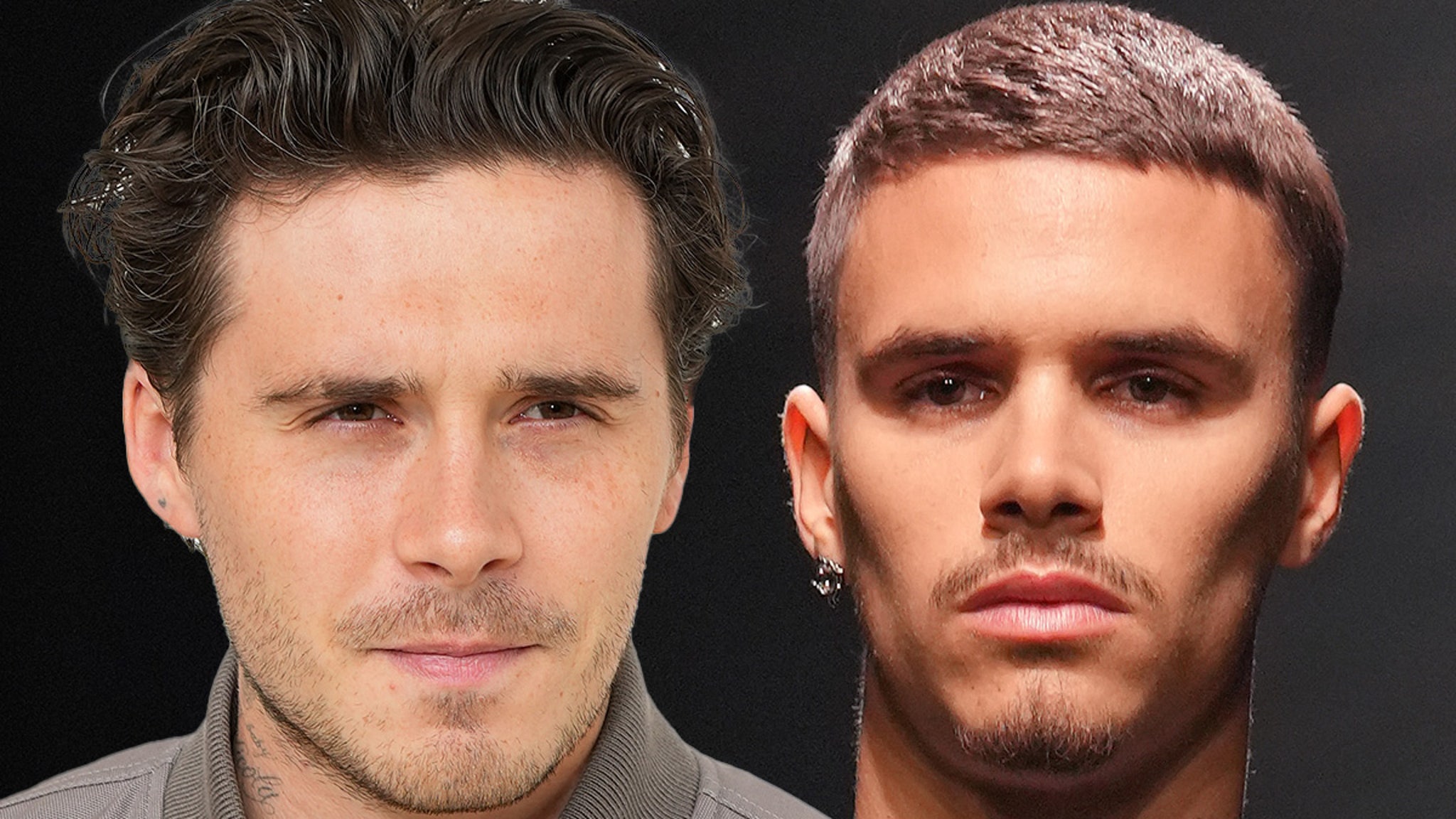
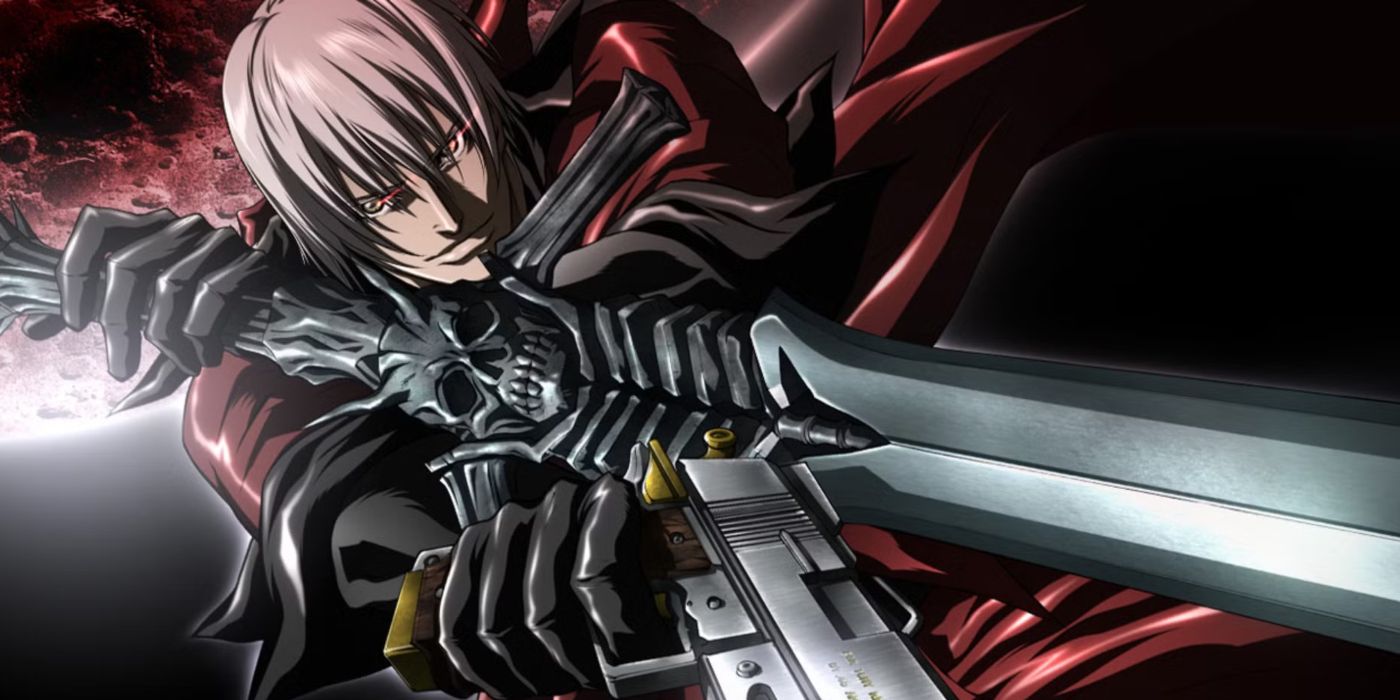



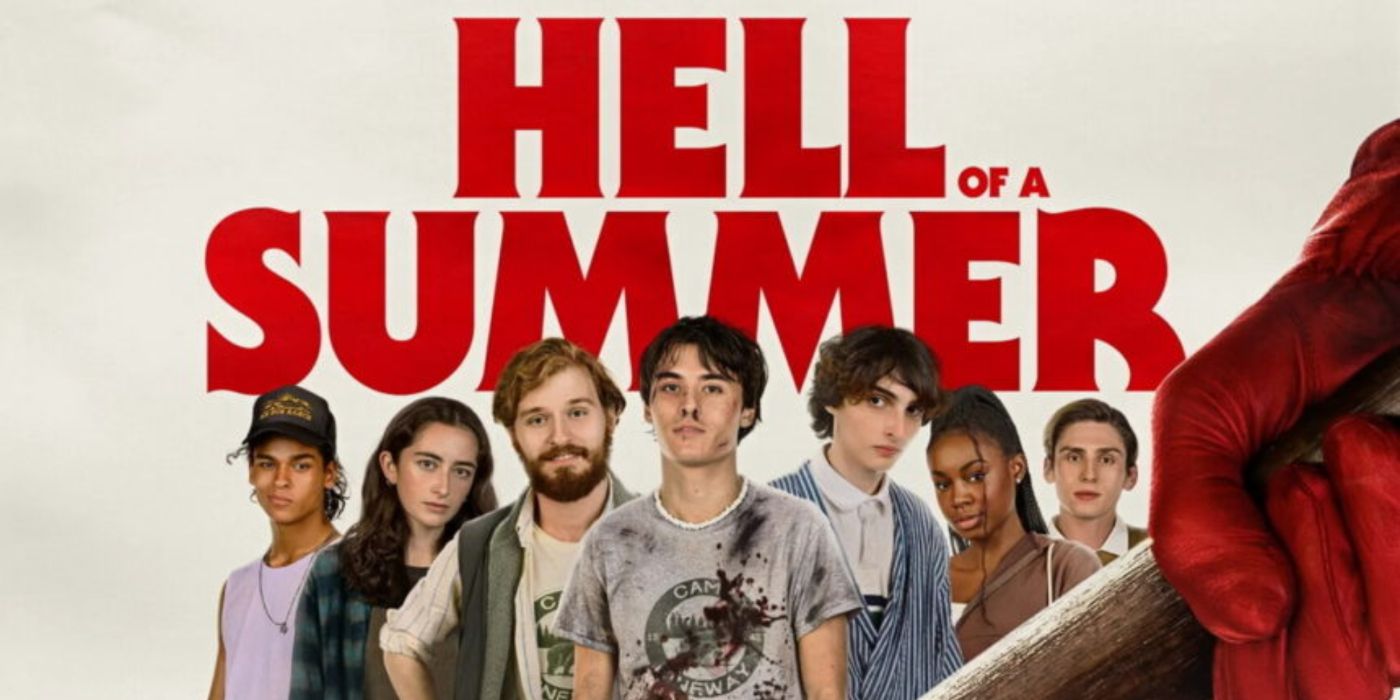
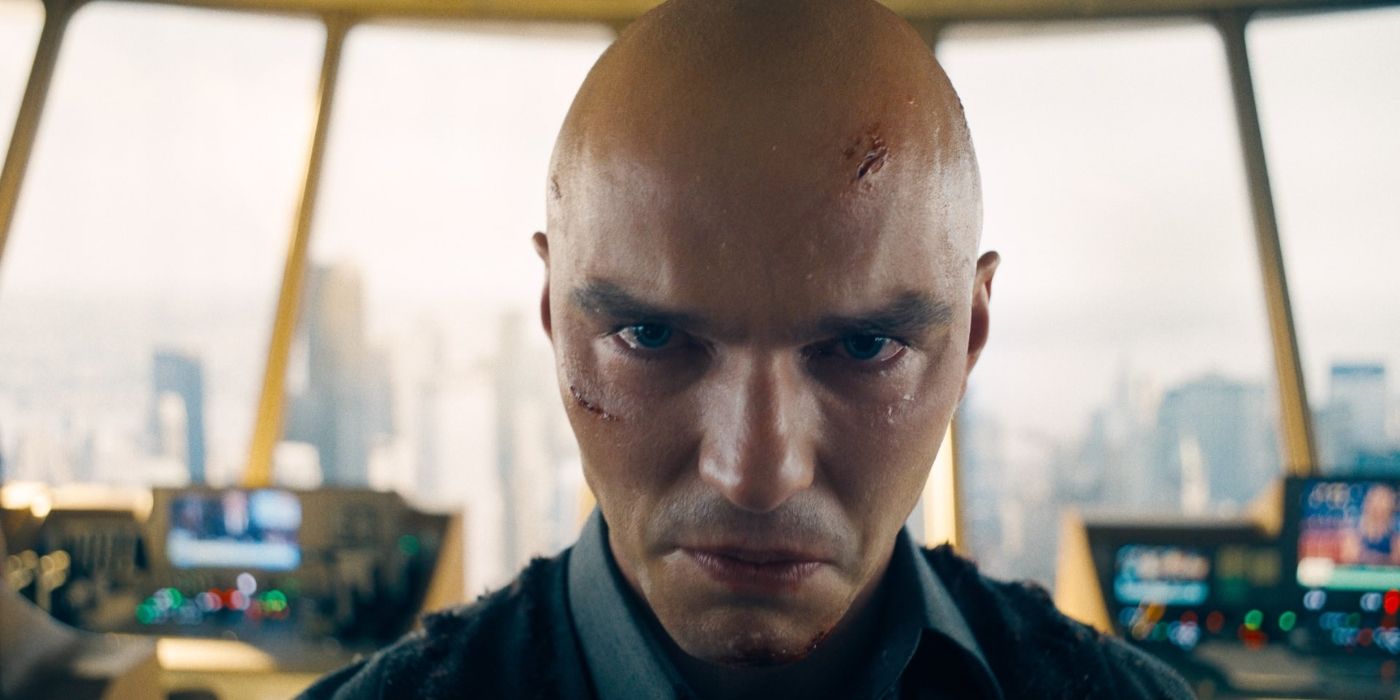


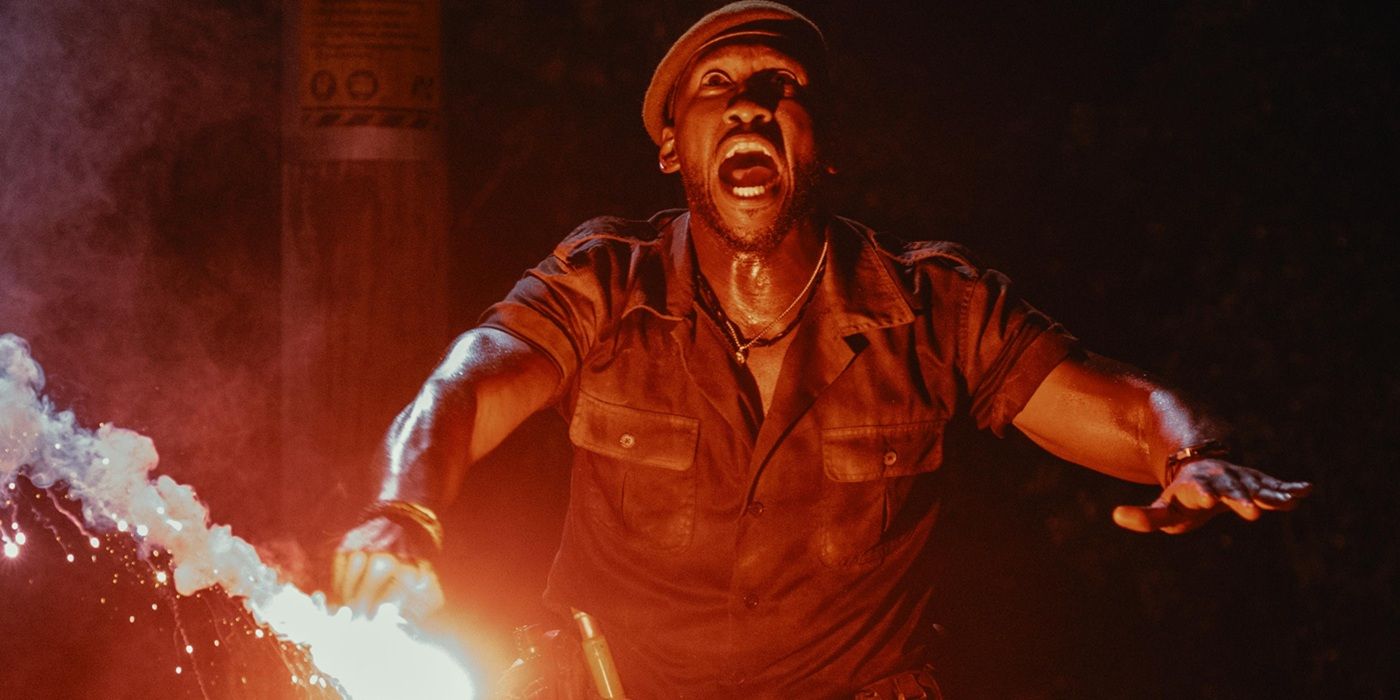



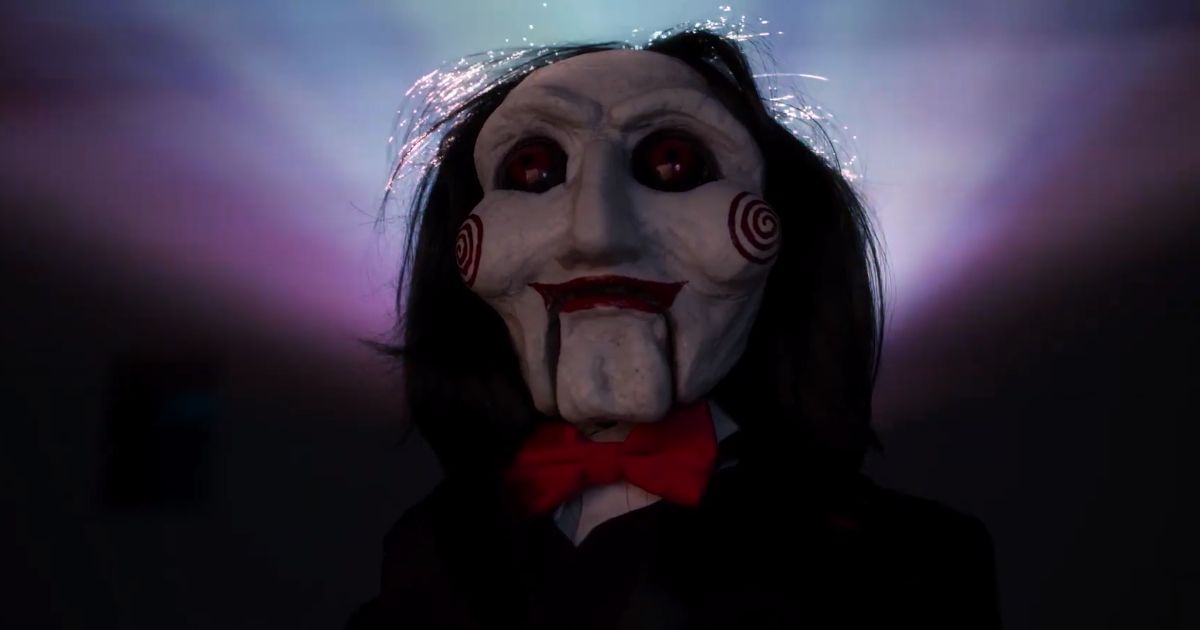

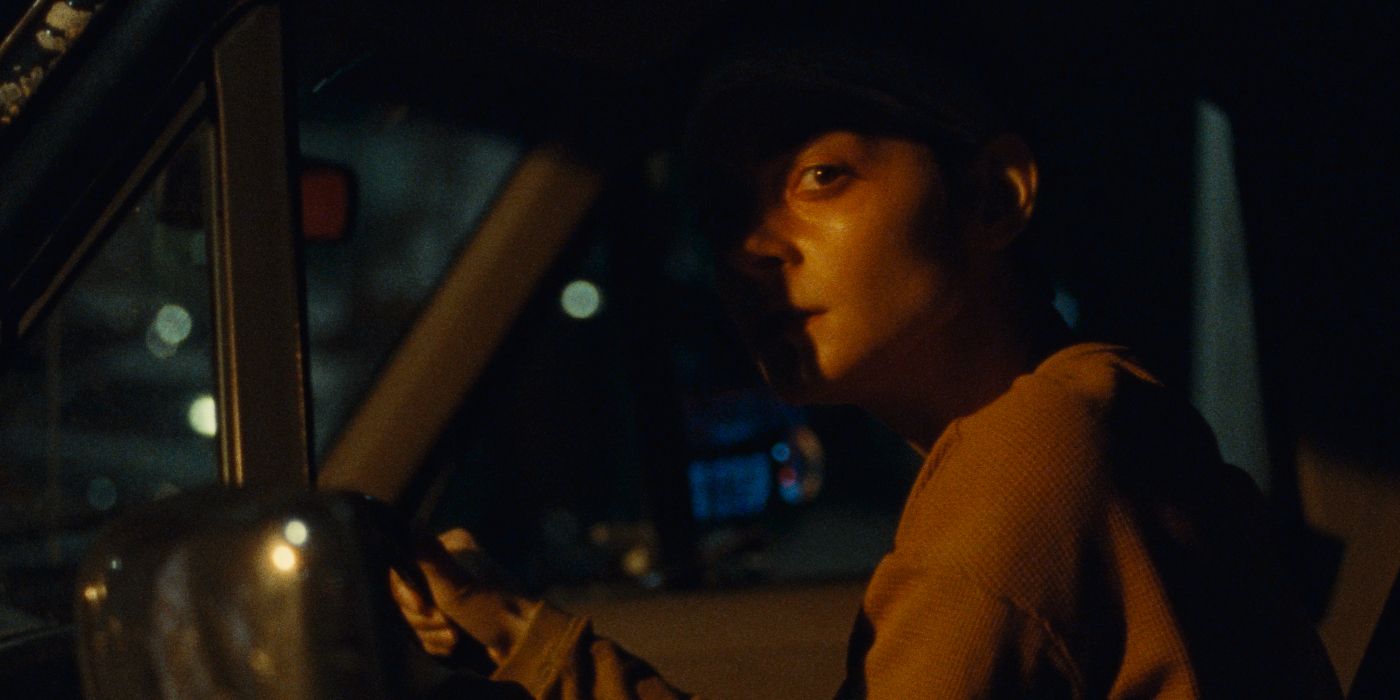

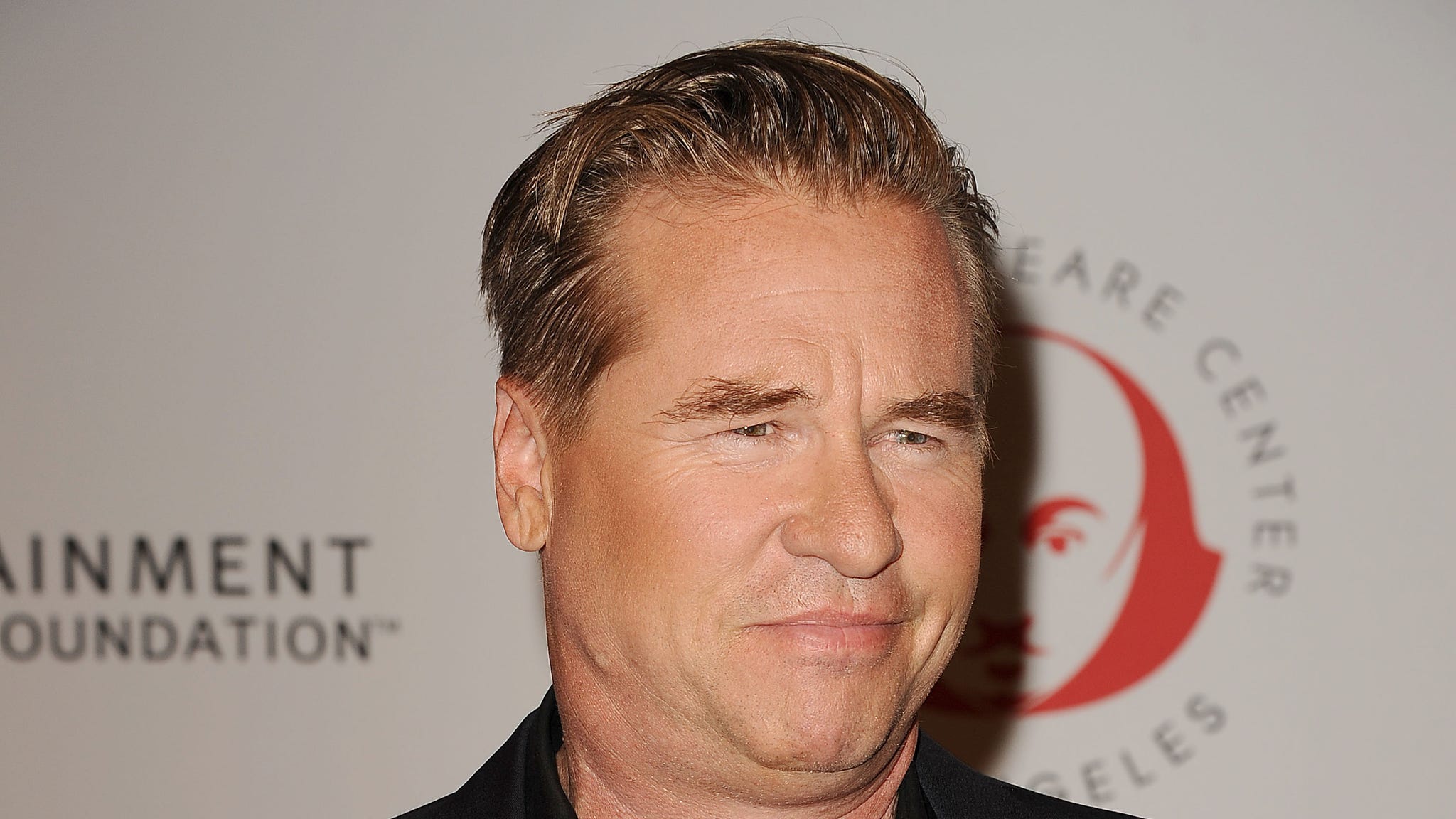
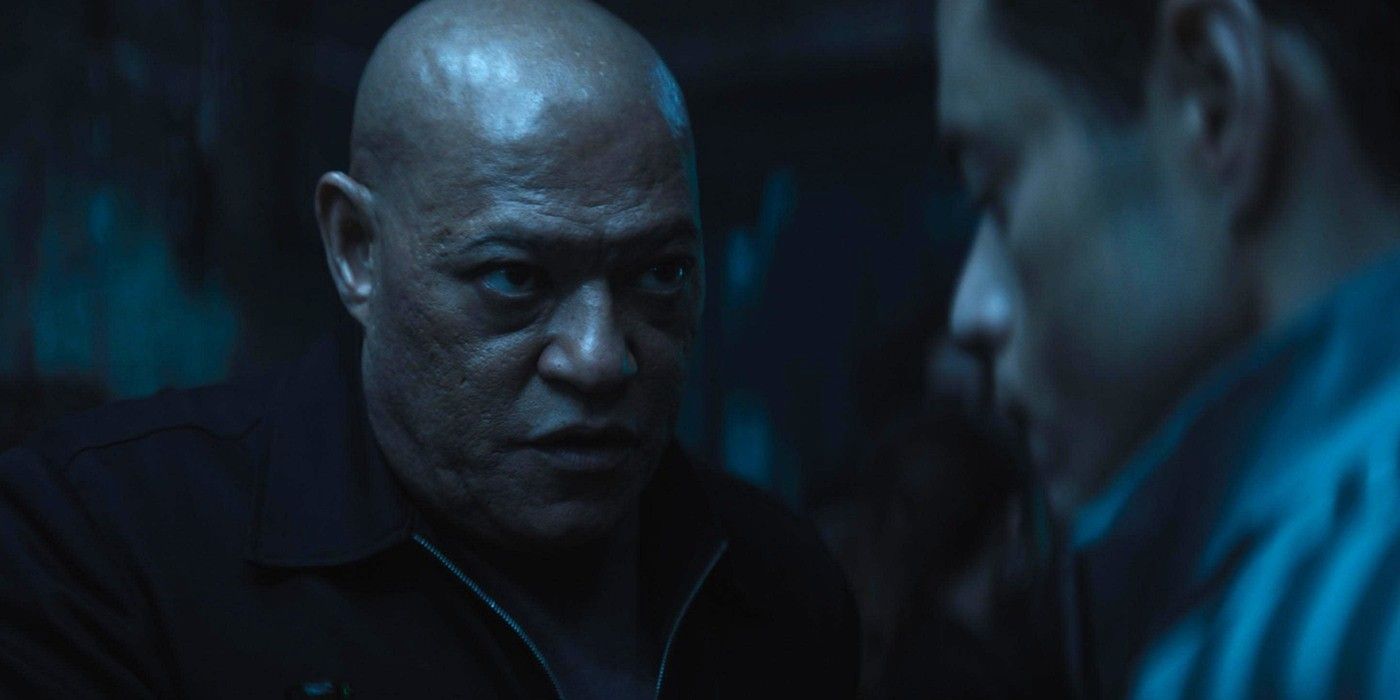


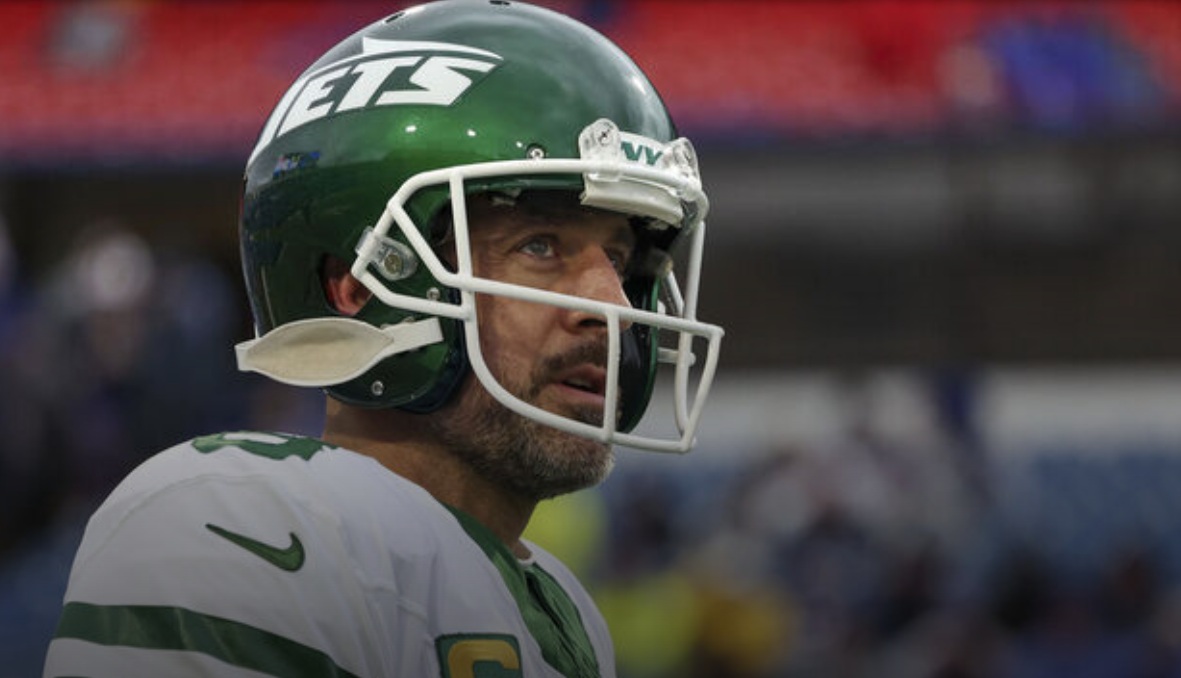



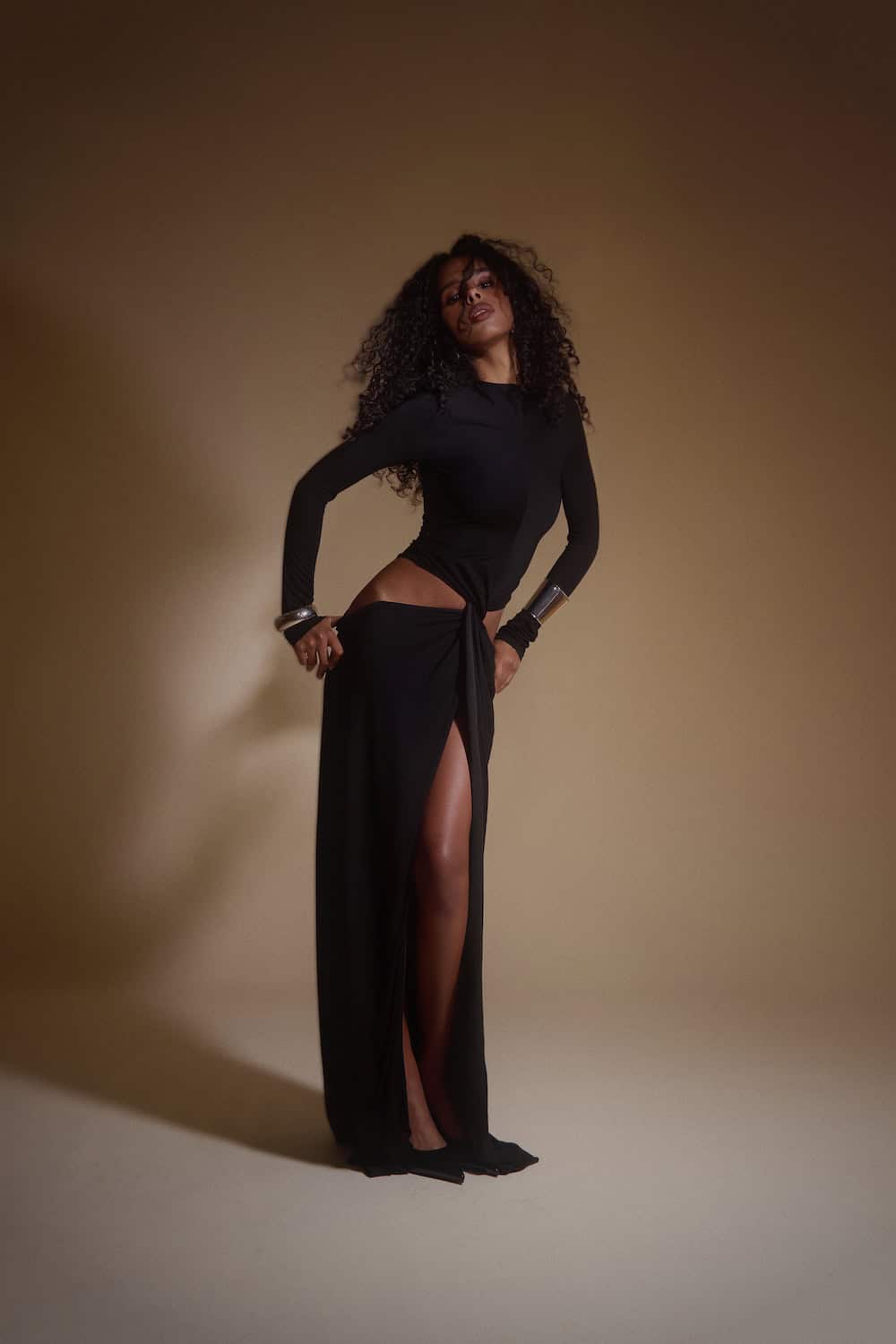
:quality(85):upscale()/2025/04/01/587/n/1922564/fe60d6be67ebe4b0bbd6f1.79749549_.png)
